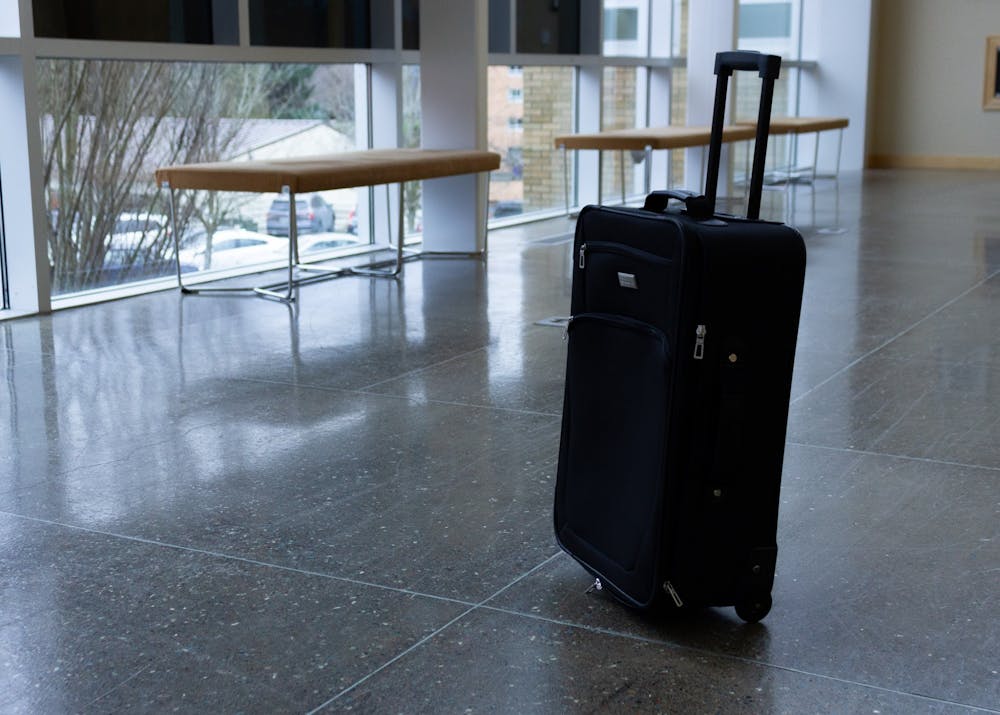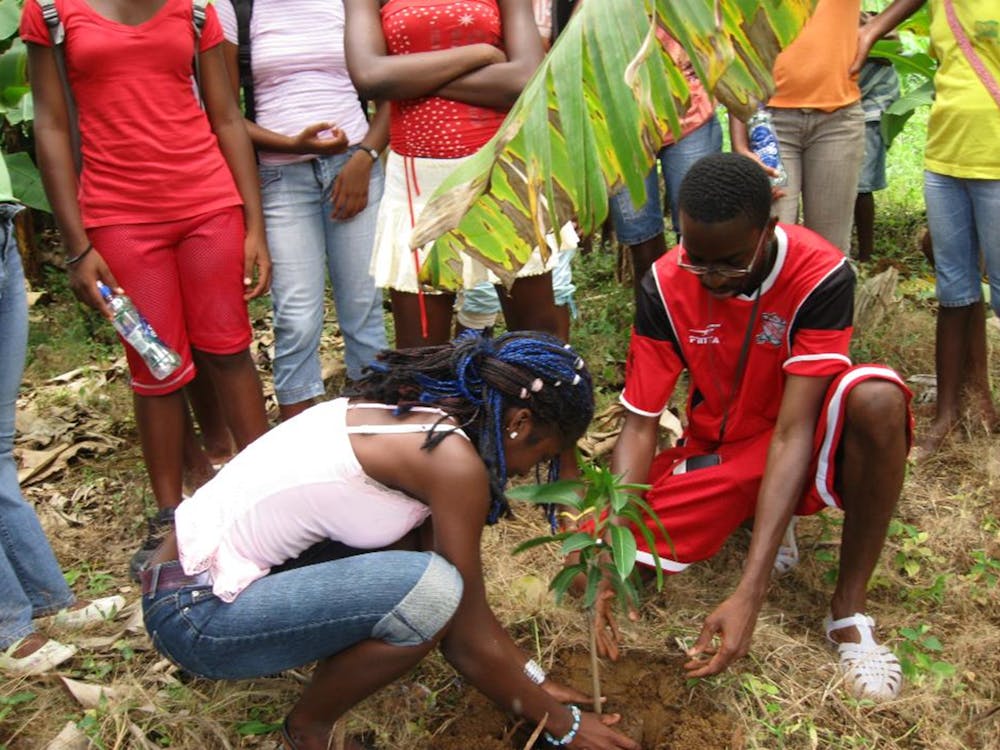UP’s new Director for Studies Abroad, Maraina Montgomery, is closely monitoring a rapidly changing situation in Europe, including a COVID-19 lockdown in Austria, home of UP’s flagship Salzburg program.
Montgomery is watching developments concerning the new Omicron COVID-19 variant that was just confirmed as a variant of concern on Nov. 28 with cases now being found in dozens of countries, including Austria and the U.S.
“I think it really highlights how this is still a pandemic that we're all navigating where things can change without any notice,” Montgomery said.
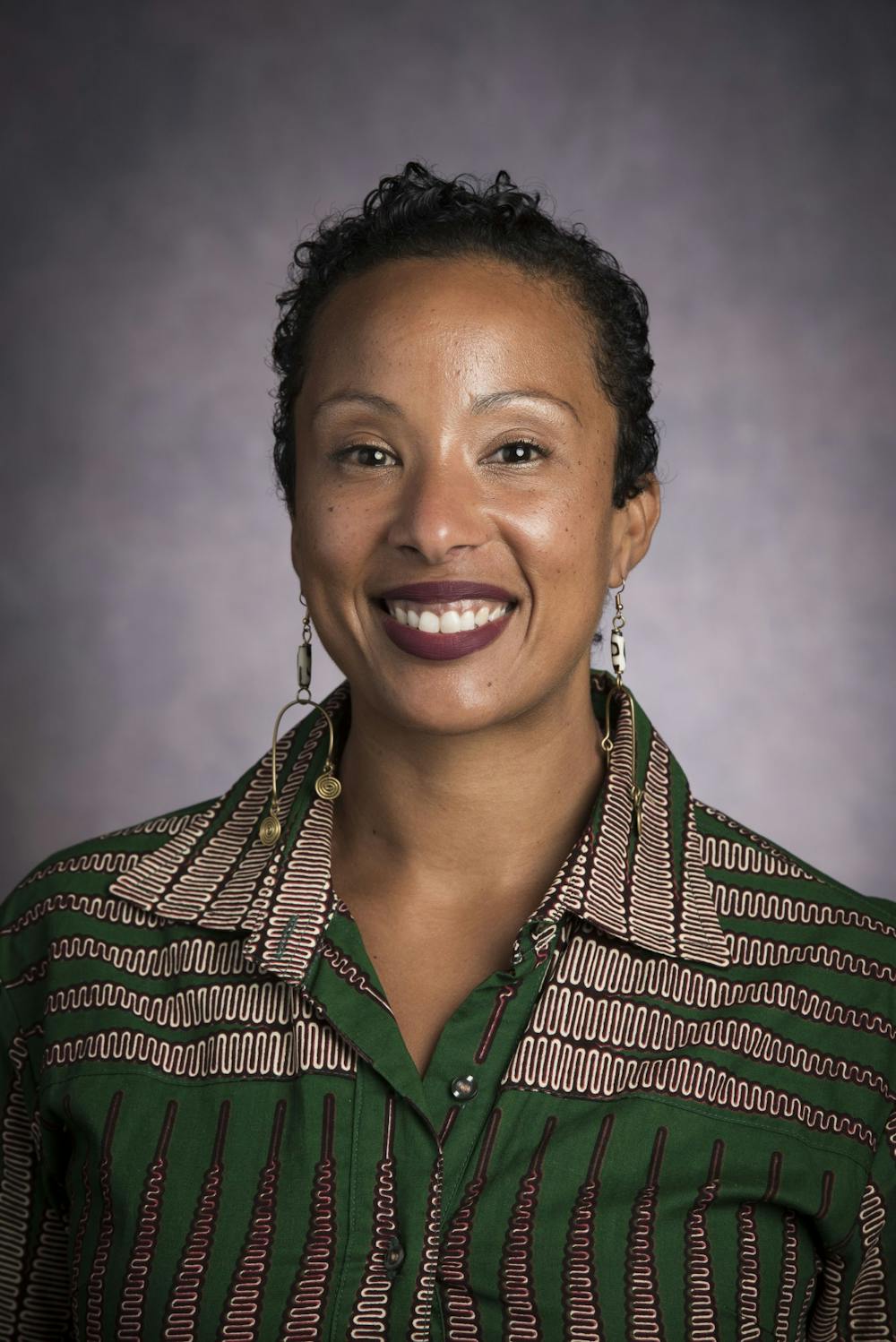
Twenty two UP students are in the Salzburg program this semester. All are vaccinated. According to Montgomery, just one UP student got COVID-19 but did not have serious symptoms.
Austria has one of the lowest vaccination rates in Western Europe – roughly 67 percent are fully vaccinated. The government instituted a nationwide lockdown on Nov. 22 amidst sky-rocketing cases. It has been extended until Dec. 11.
Austria was the first EU country to institute a lockdown due to the COVID-19 resurgence. Starting Feb. 1, COVID-19 vaccines will be compulsory for the whole Austrian population.
Upper Austria and Salzburg are being hit especially hard. They both have their own extended regional lockdowns. Upper Austria’s will go until Dec.17. Salzburg’s lockdown has yet to set an official end date. However, the UP program expects it to last until after Christmas.
Paige Melby, a sophomore nursing major studying in Salzburg, said that when the semester started she felt safe overall regarding COVID-19. Initially, masks were not required because everyone was vaccinated, until one of the students got COVID-19 she said.
“That kind of changed things,” Melby said. “We had to wear masks everywhere except our room. We were kind of on high alert for that period of time.”
Now, with the lockdowns, stricter enforcements are back. They can only leave for essential purposes and they had to cancel their European travel plans.
“A lot of students, including myself, have relatives who already have travel plans to come visit us in Austria at the end of this semester,” Melby said. “Now, our families cannot visit. I have a trip to Ireland already purchased and other students have their own trips and now we cannot go.”
Fortunately, Melby said their classes are still in-person, except one, and that overall things have stayed normal at the center — where they go to classes and live.
“Since we are heading into finals week, most of us are busy studying and packing our things to leave,” Melby said. “So overall, I feel like this lockdown has not had a huge impact on us.”
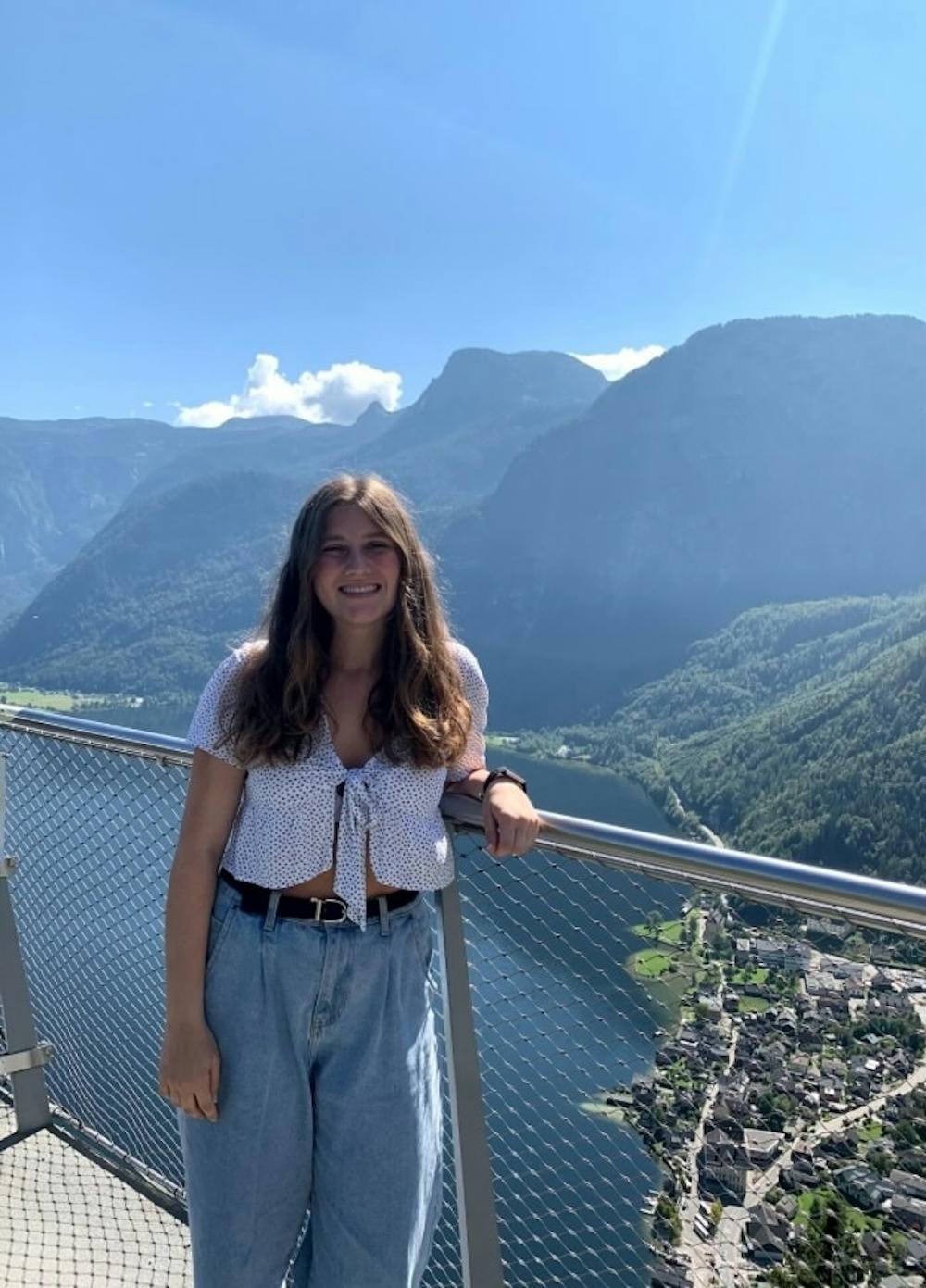
Unlike in 2020 when some UP students were stranded abroad and there was no COVID-19 vaccine, students currently overseas are in a better situation. There is no indication that the students’ plans to return home to the U.S are in jeopardy, but they will have to test negative for COVID-19 within one day of their departing flight.
“Returning home is not a problem since we are all US citizens,” Melby said. “Everyone was able to find flights that leave soon after the semester ends this upcoming week.”
While the emergence of the Omicron variant has all countries on alert, Austria stands out for its relatively widespread vaccine opposition, encouraged by its large far-right Freedom Party.
“We saw a huge protest the day before the lockdown started from anti-vaxxers,” Melby said. “It was surprising to see that even in a place like Salzburg there was so much backlash and such a large unvaccinated population.”
Amidst the unrest, Montgomery is impressed with the staff in Salzburg and confident that students’ needs are being met and they are safe.
“Staff in Austria who work for the program are doing an exceptional job in handling all the challenges that are being thrown at them,” Montgomery said. “Our staff is supportive and has all they need to support the students.”
In contrast to Austria, other countries hosting UP students have been less volatile. In the French immersion program in Nant, France — where six UP students are studying — pandemic regulations have been fairly consistent, and there have been no lockdowns this year.
“From my point of view, things have been going as well as they could be, during this pandemic,” Laura Heffernan, a junior psychology and French double major said. “We all wear our masks everyday and there have been no cases within the center where we take our classes. It seems like we’re able to just live freely here.”
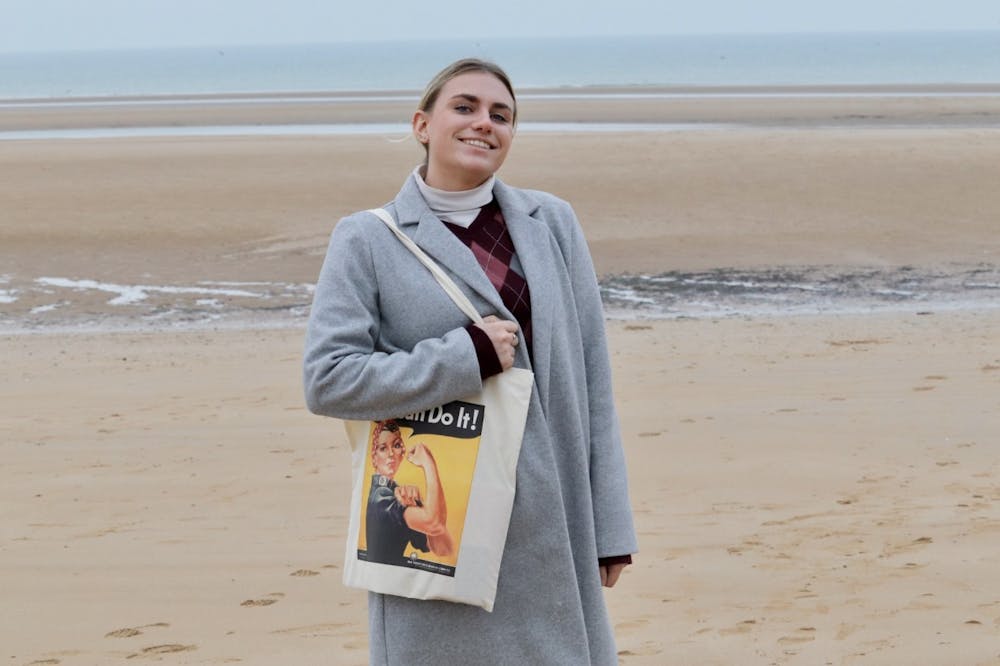
Montgomery is hopeful the situation in Europe will settle down in time for spring semester study abroad.
“At this point, the spring students are in a good place because they will be entering the country (Austria) after things have improved,” Montgomery said.
Montgomery acknowledges that circumstances can change quickly in a pandemic. Recently, fall and spring semester study abroad students received a status update email from UP Studies Abroad informing them that they will be closely tracking the situation.
“We will continue to follow the situation, communicate with in-country partners, review available data, and consult with health authorities in order to make the best decision possible,” Montgomery’s email said.
Sophia Truempi is a reporter for The Beacon. She can be reached at truempi22@up.edu.



